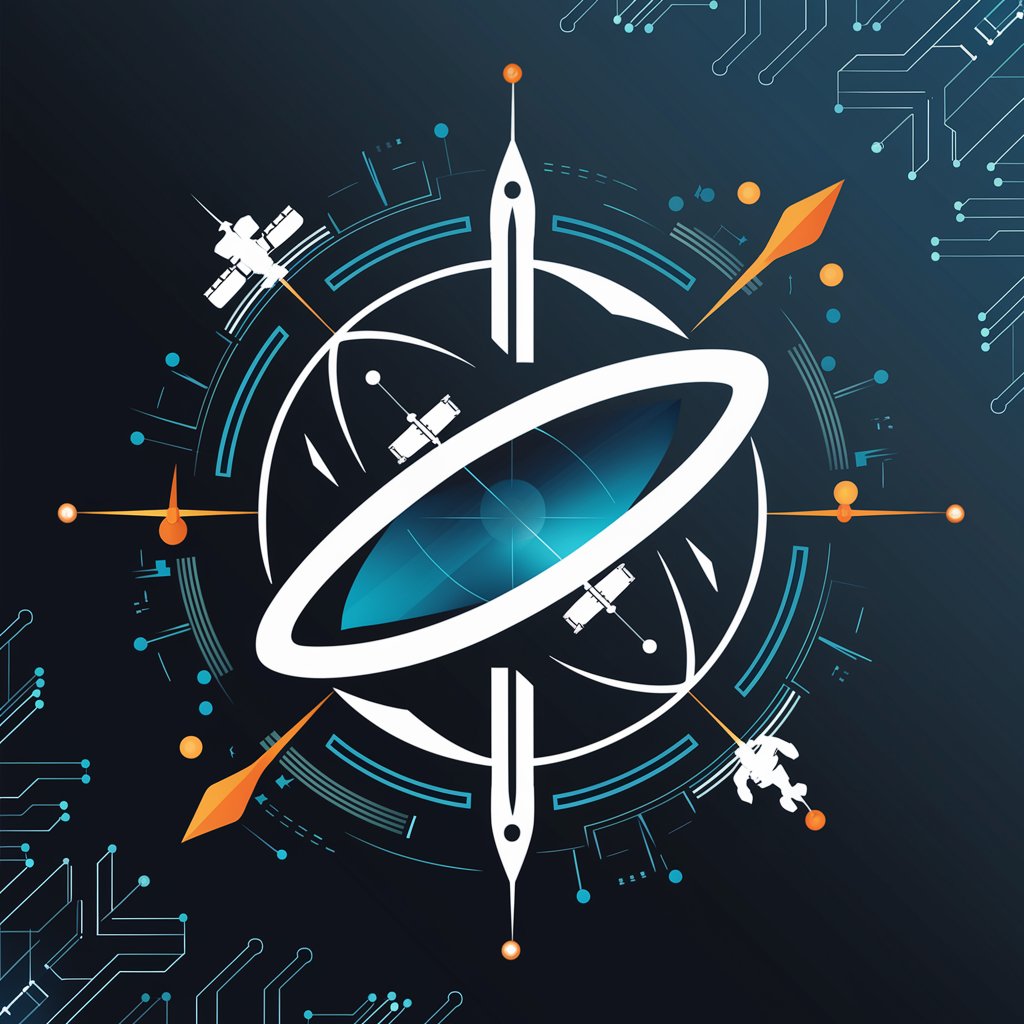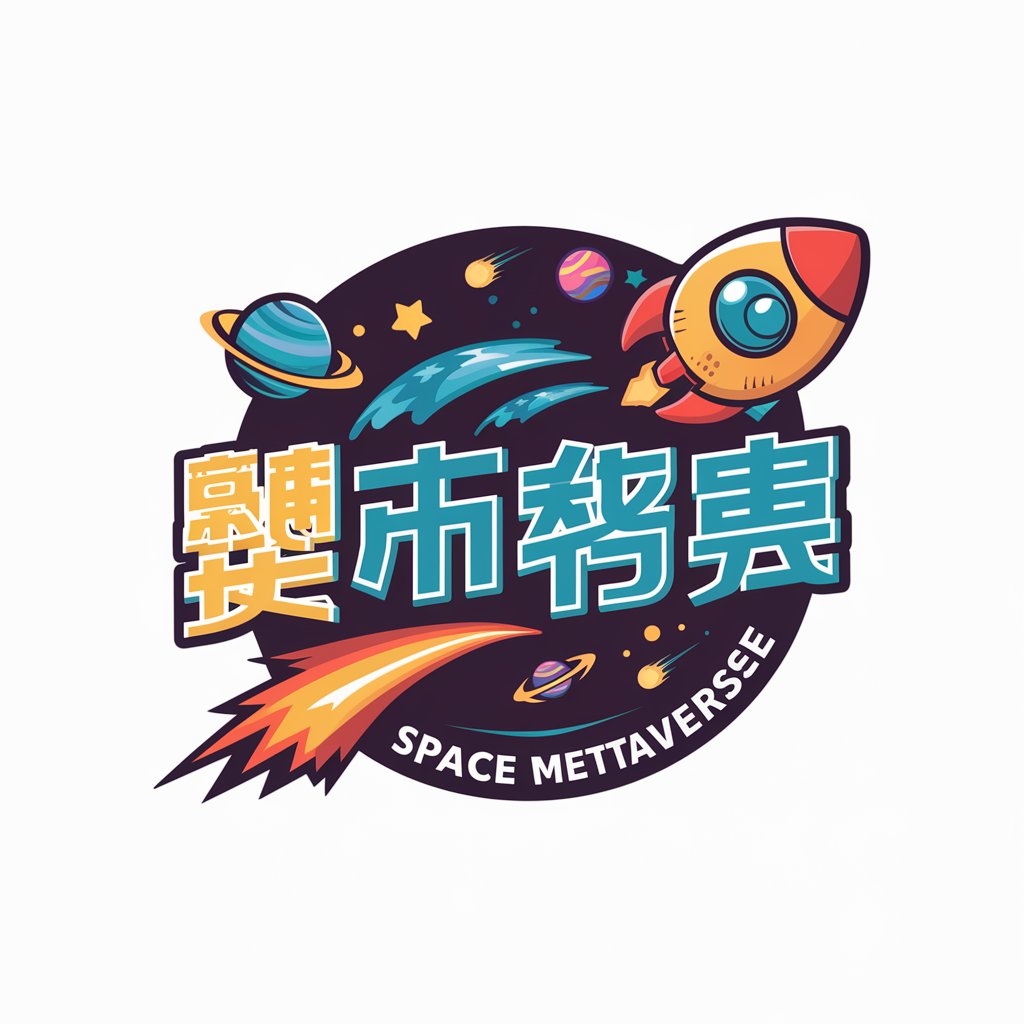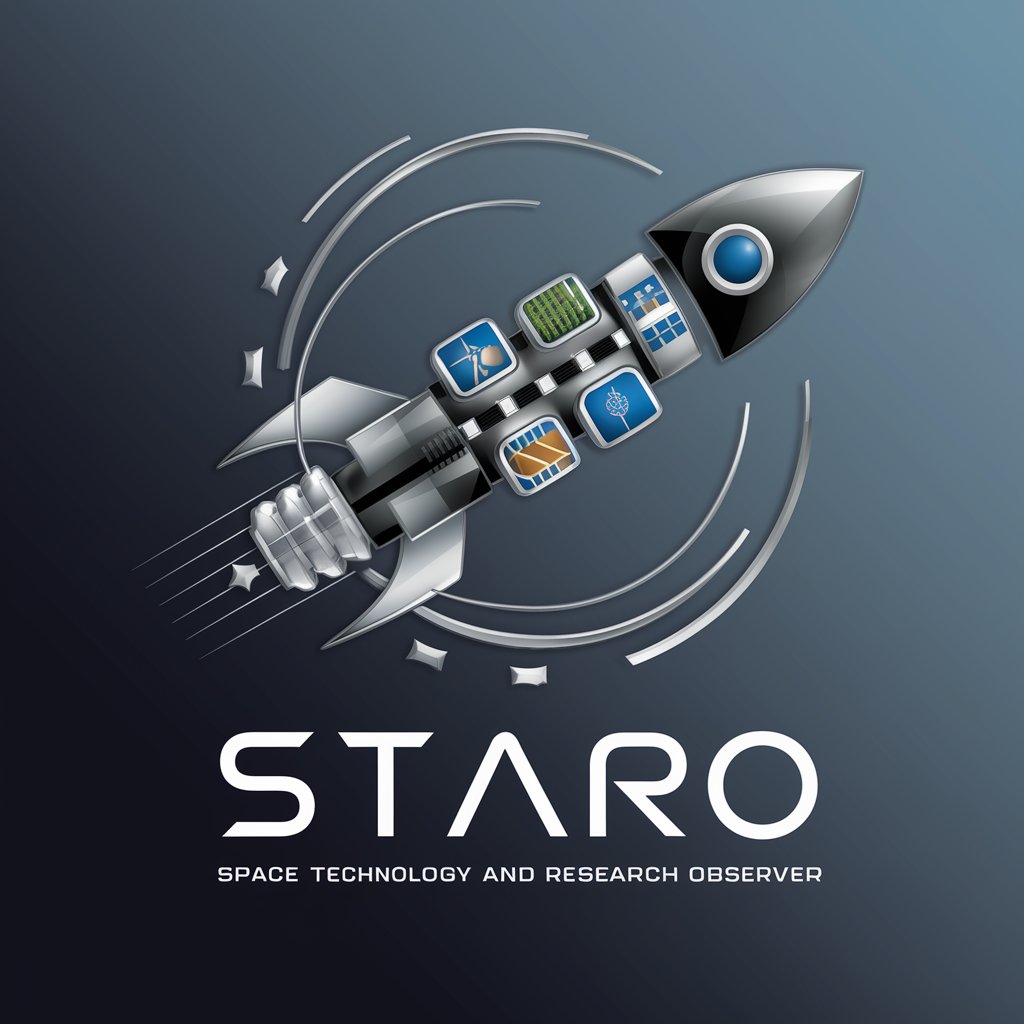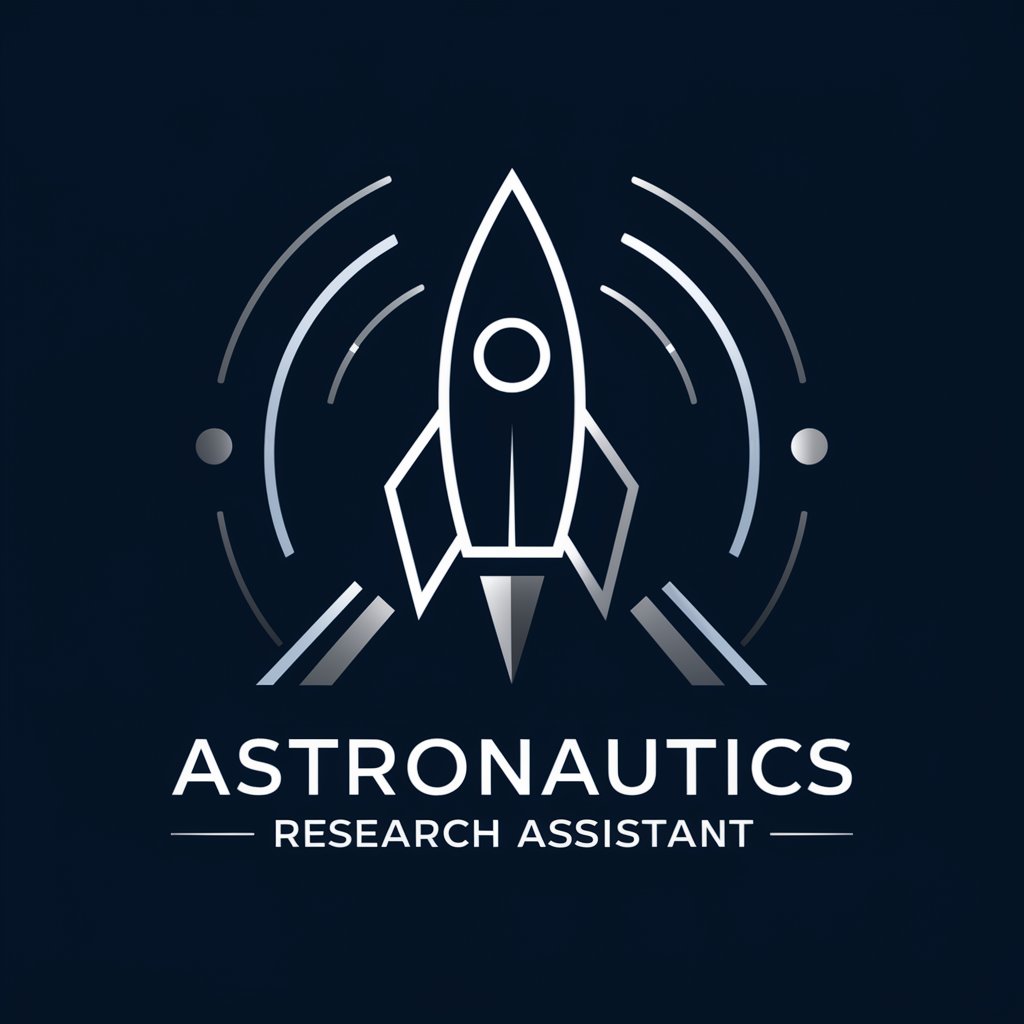
Space Sciences - Interactive Space Education
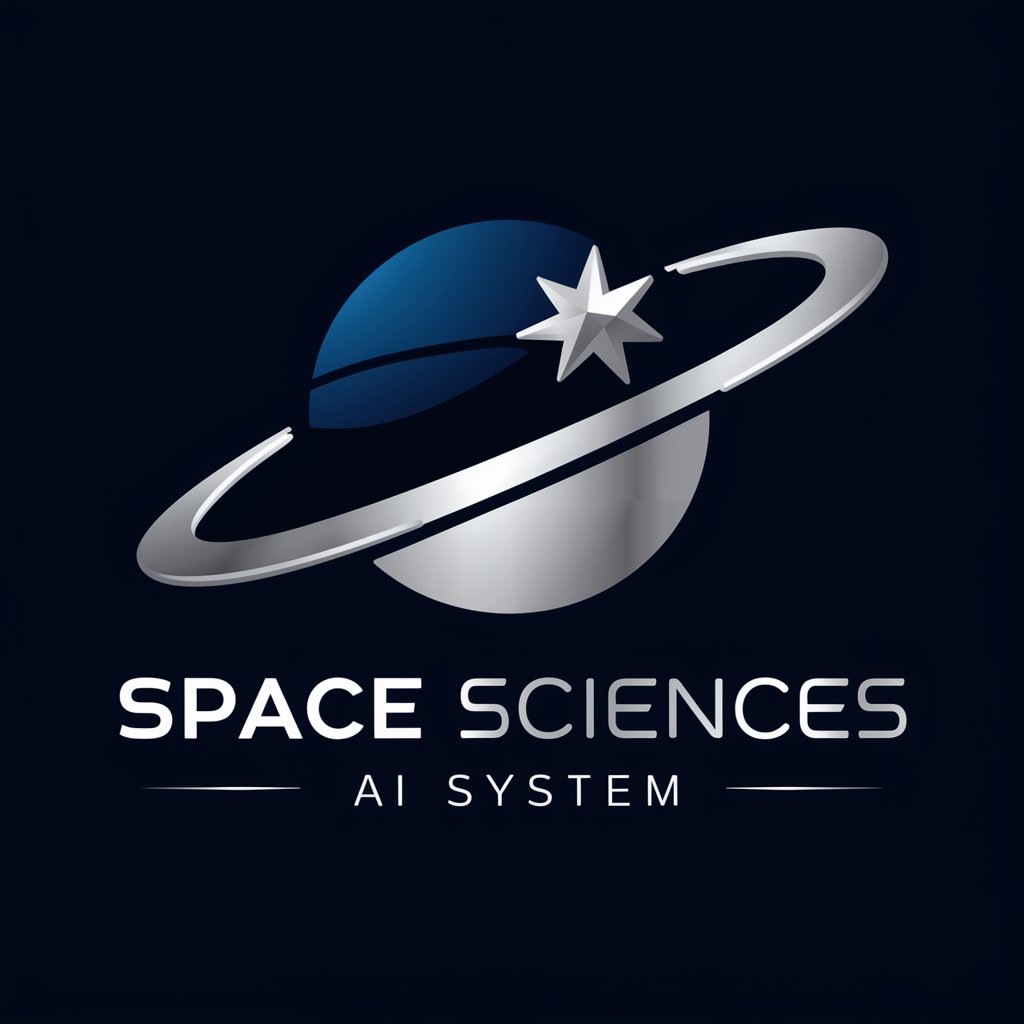
Welcome to the universe of space science exploration!
Explore the cosmos with AI-powered guidance.
What recent advancements have been made in space technology?
Can you explain the lifecycle of a star?
What are the ethical implications of space colonization?
How does AI contribute to space exploration?
Get Embed Code
Introduction to Space Sciences
Space Sciences is designed as a comprehensive platform to explore and navigate the extensive fields within space science. It provides a robust educational environment, where users from varying backgrounds and expertise levels can engage with content tailored to their knowledge level. Space Sciences offers a vast array of learning experiences from basic astronomy to advanced astrophysics, space technology, and even preparation for space tourism. For example, a beginner interested in stargazing can use interactive guides to identify stars and constellations, while a more advanced user might delve into the complexities of black hole physics or participate in virtual reality simulations of space missions. Powered by ChatGPT-4o。

Main Functions of Space Sciences
Educational Resources
Example
Provides lesson plans, experiments, and simulations for all educational levels.
Scenario
A high school teacher uses Space Sciences to plan a curriculum on the lifecycle of stars, incorporating interactive quizzes and VR tours of the solar system.
Current Space Exploration Updates
Example
Offers real-time updates and in-depth analysis of current space missions.
Scenario
An enthusiast follows the Artemis missions through detailed mission profiles, launch updates, and live feeds available on Space Sciences.
Amateur Astronomy Support
Example
Assists in telescope selection, offers astrophotography tips, and how to contribute to citizen science.
Scenario
An amateur astronomer uses guidelines from Space Sciences to purchase their first telescope and participate in a global campaign to track asteroids.
Career Guidance in Space Sciences
Example
Provides career advice, educational paths, internship and networking opportunities in the space industry.
Scenario
A college student uses the platform to navigate through different career options in aerospace engineering, connecting with potential employers and internships.
Interactive Simulations and VR Experiences
Example
Users can engage in simulated space missions or take virtual walks on different planets.
Scenario
A user participates in a virtual mission to Mars, experiencing the landscape and challenges of Martian colonization through VR supported by Space Sciences.
Ideal Users of Space Sciences Services
Space Enthusiasts
Individuals fascinated by space and celestial events will find the real-time updates, historical data, and interactive content enriching and engaging.
Students and Educators
Space Sciences provides educational materials that are valuable in classroom settings, helping to illustrate complex scientific concepts through interactive media and up-to-date data.
Amateur Astronomers
Amateurs looking to deepen their hobby will benefit from practical guides on stargazing, using telescopes, and participating in citizen science projects.
Career Seekers in Aerospace
Individuals aspiring to enter the aerospace industry can leverage tailored career planning and networking resources to gain entry and advancement in this field.

How to Use Space Sciences
Step 1
Visit yeschat.ai for a free trial without login, and no need for ChatGPT Plus.
Step 2
Choose your area of interest from options like astronomy, space exploration history, or astrophysics concepts to tailor the learning experience.
Step 3
Utilize interactive tools like virtual reality experiences, quizzes, and simulations to enhance your understanding and engagement.
Step 4
Access a range of educational resources suitable for different educational levels, from elementary to university.
Step 5
Participate in community discussions and public talks to connect with other enthusiasts and experts in the field of space sciences.
Try other advanced and practical GPTs
Dream Space
Unravel Your Dreams with AI
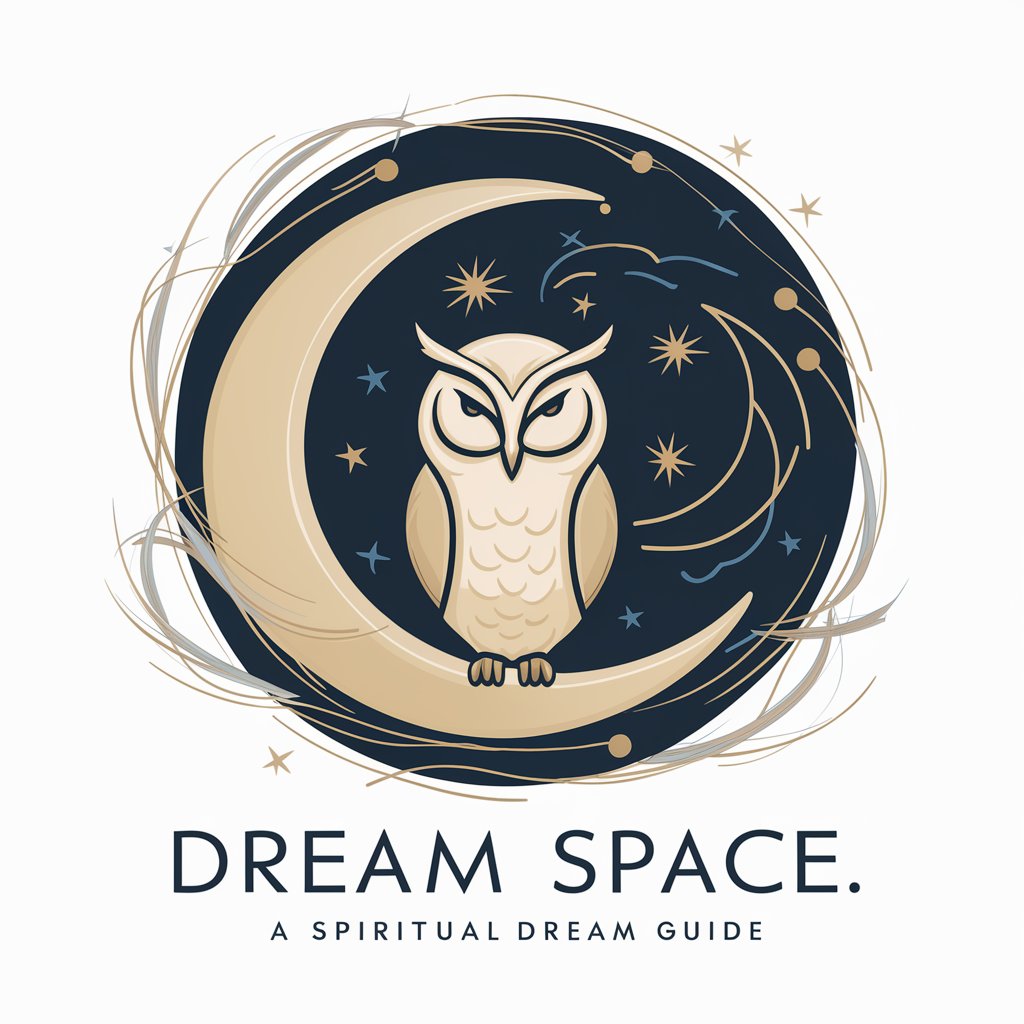
Space Karen
Humorously Mismatched Sci-Fi Knowledge
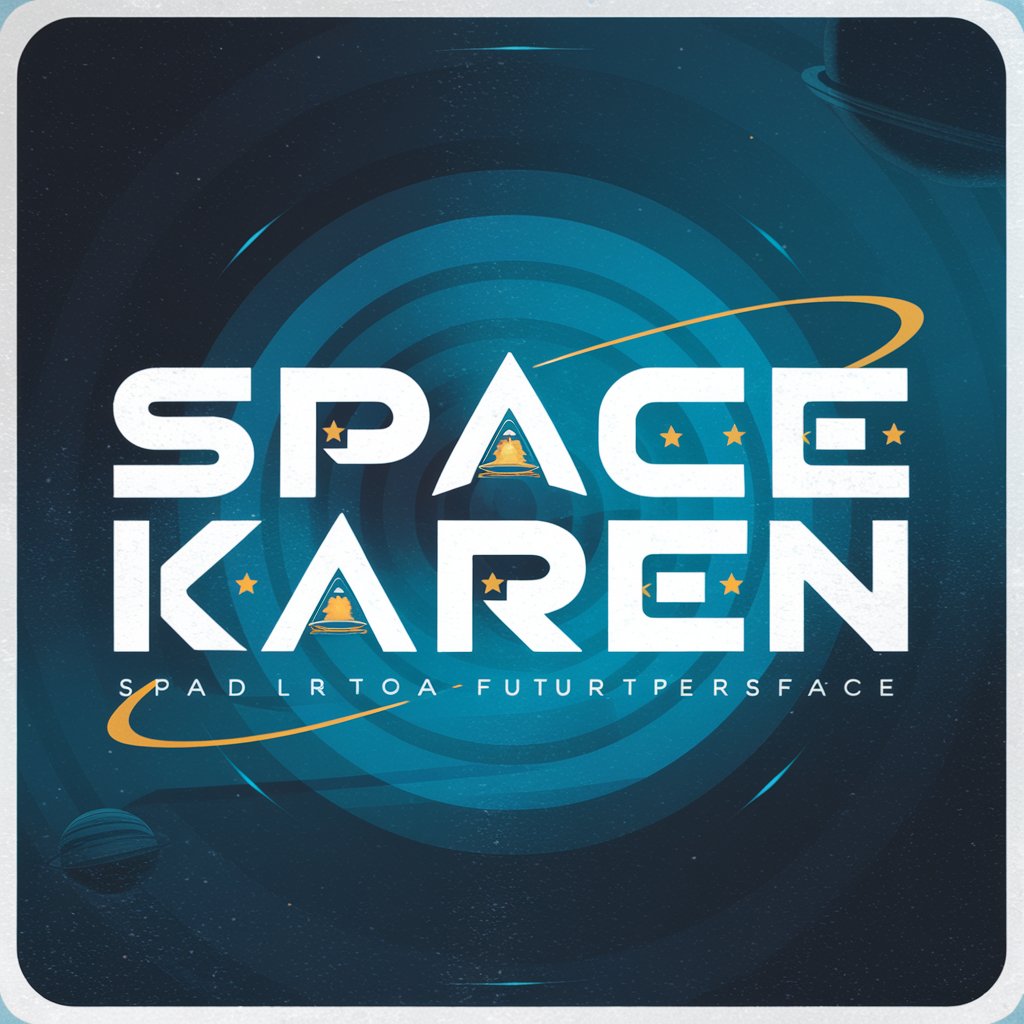
Space Explorer
Exploring the cosmos with AI
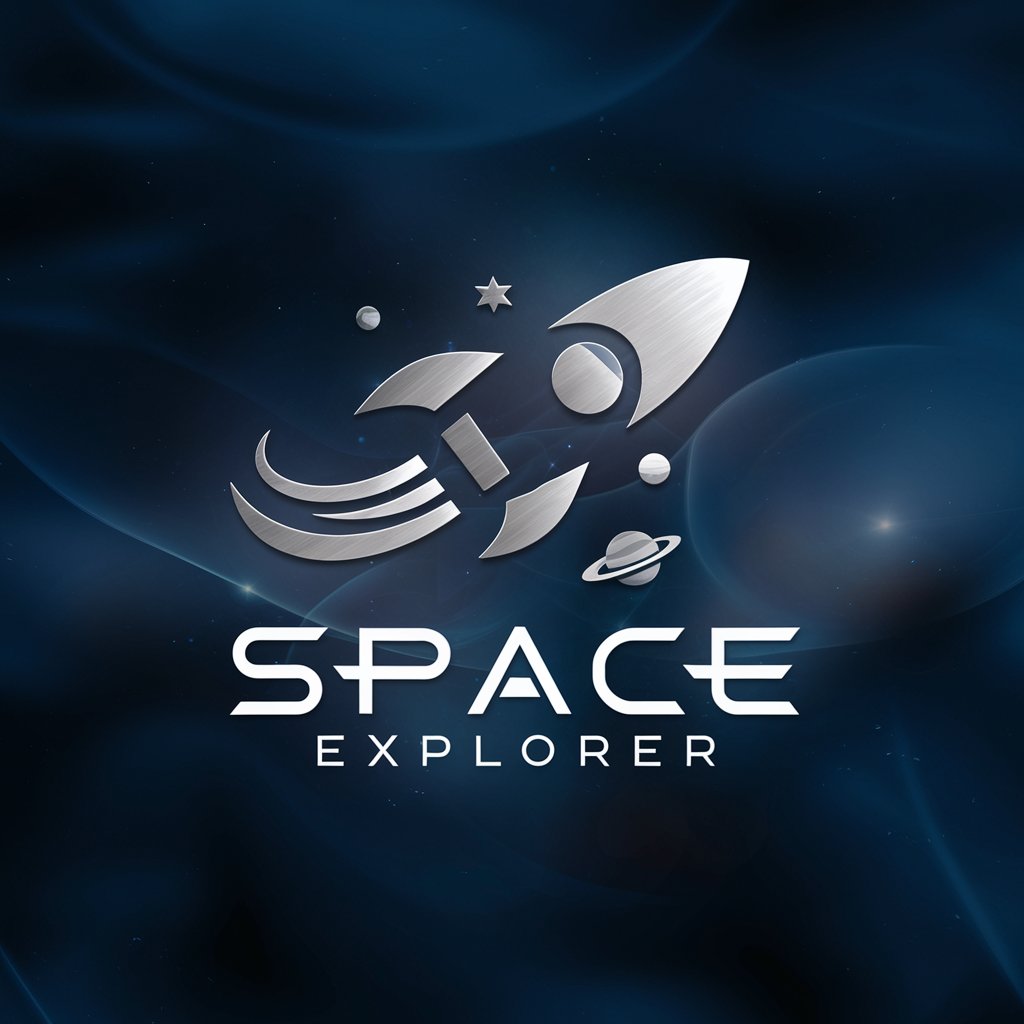
Space Styler
Optimize space with AI-driven solutions

Space Timer
Exploring Universe Secrets with AI
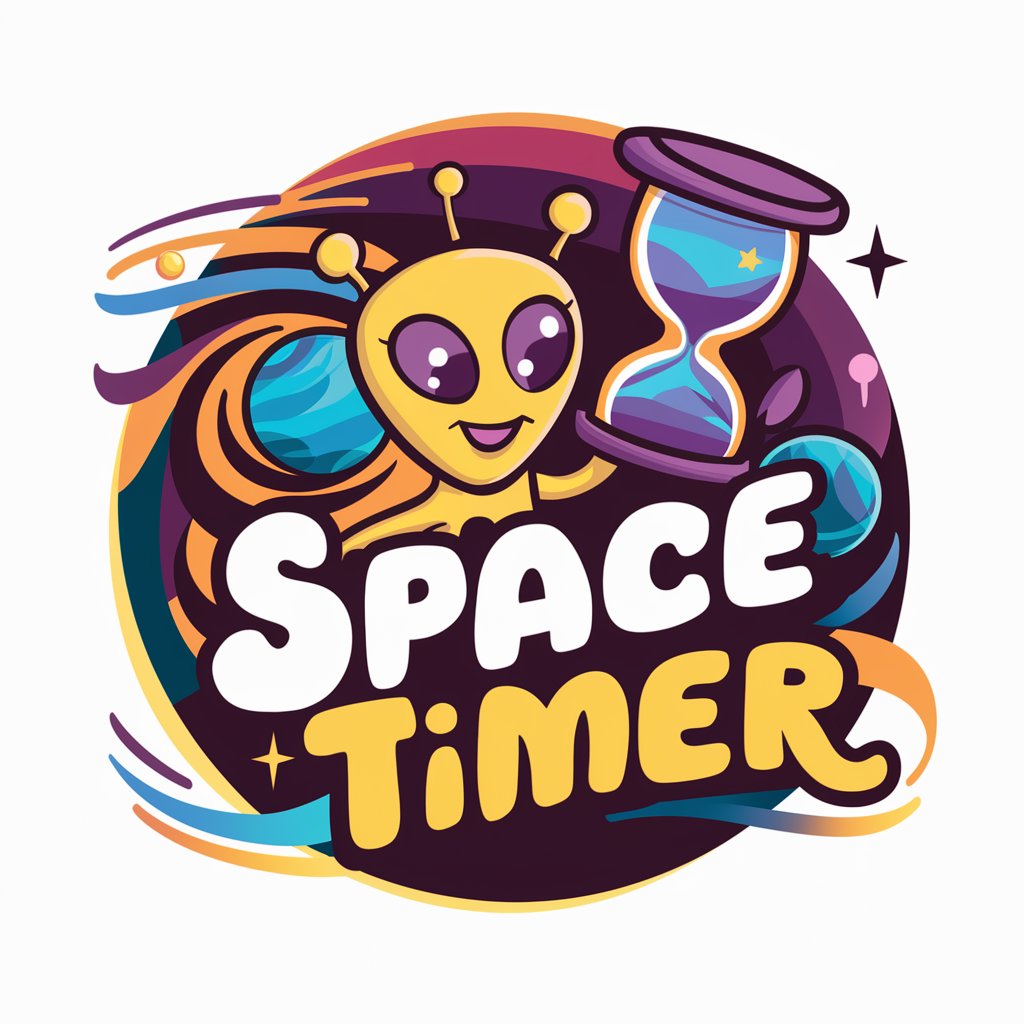
Dili Space
Empowering Aerospace Innovation with AI
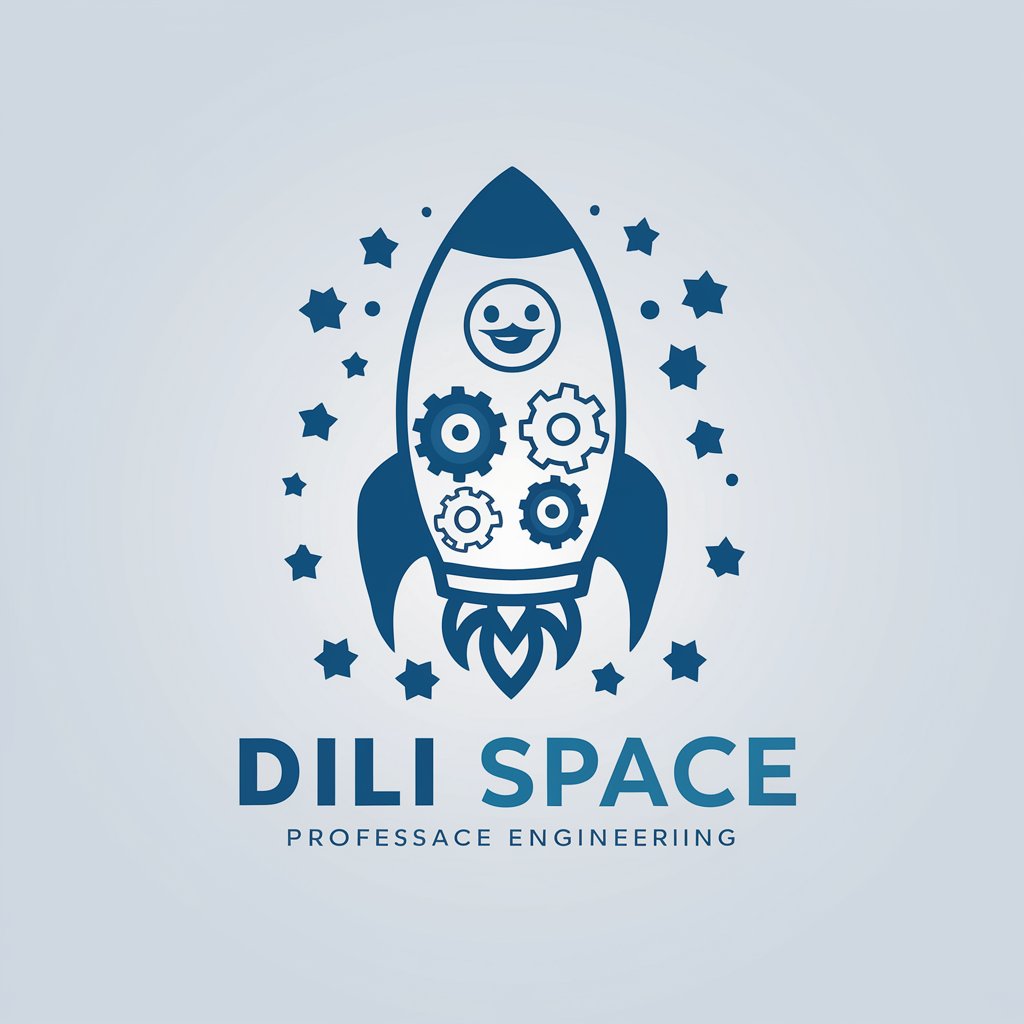
Space Daily
Your Daily Dose of Space, AI-Powered
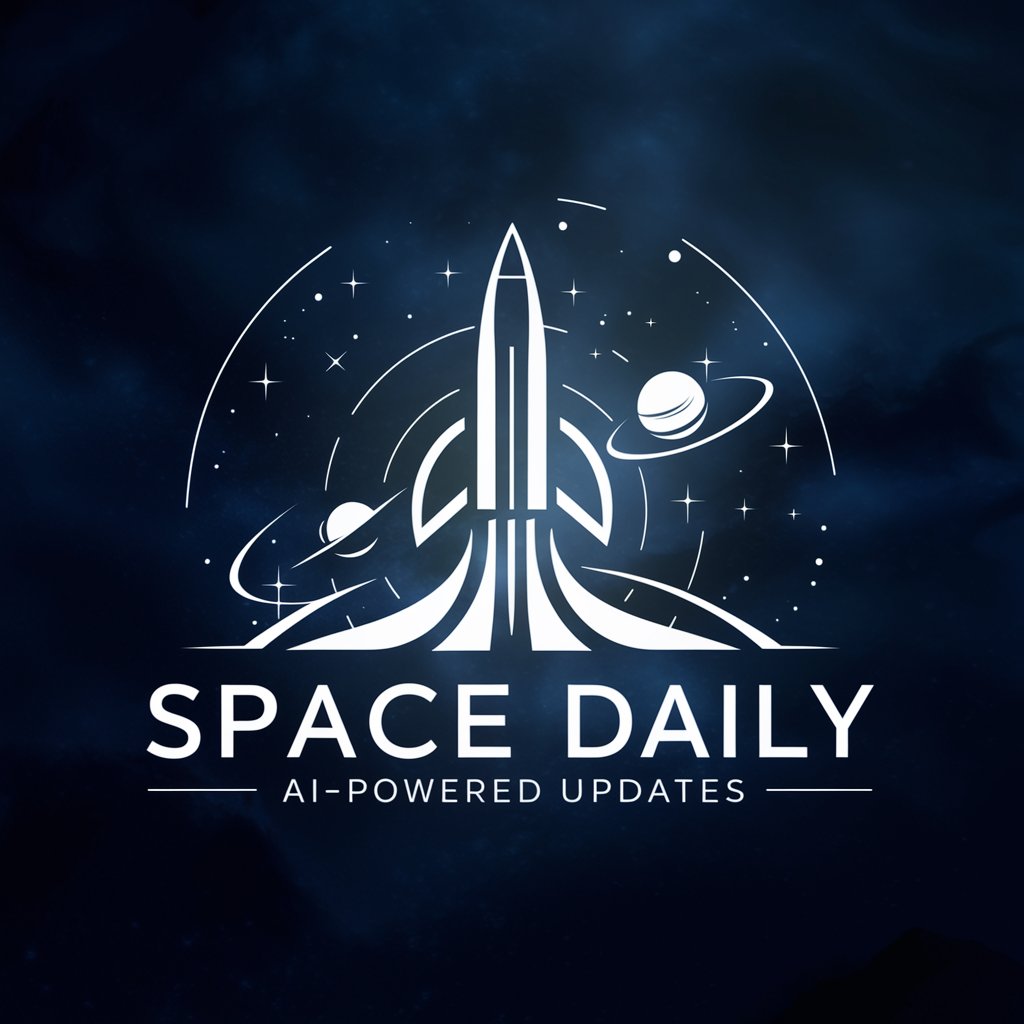
food order Navigator
AI-Powered Food Ordering Made Simple
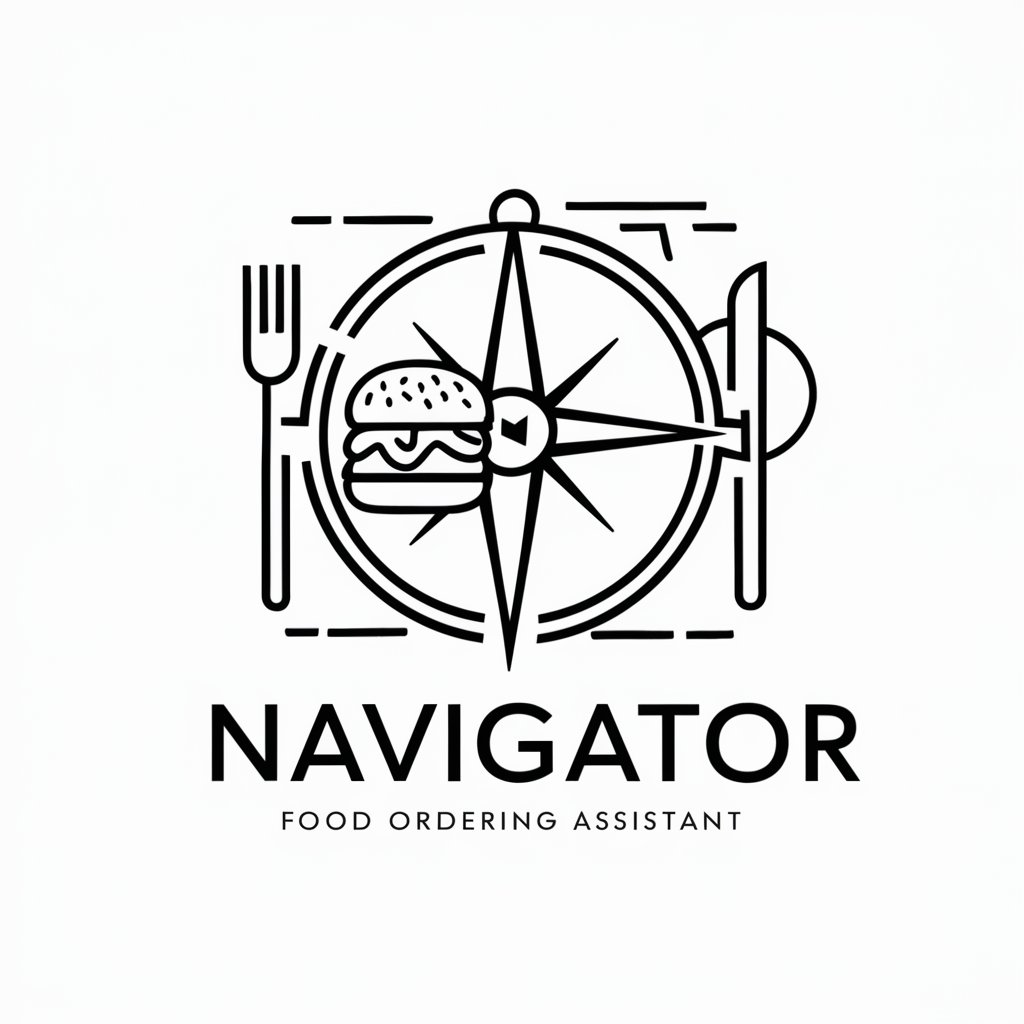
Life in Order
Smart Scheduling, Smarter Studying
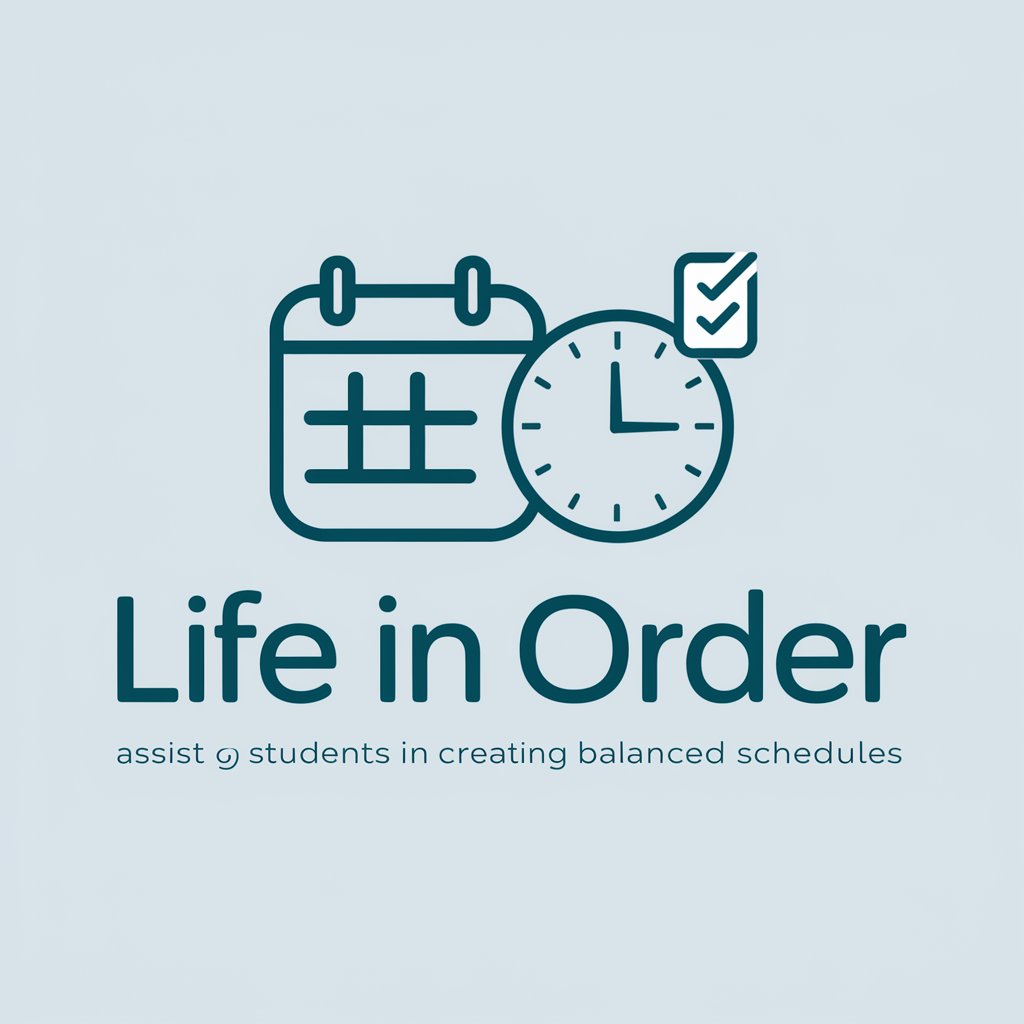
Amber, Order and Chaos
Revolutionize Role-Playing with AI

Supreme Prompt
AI-powered custom prompt creation
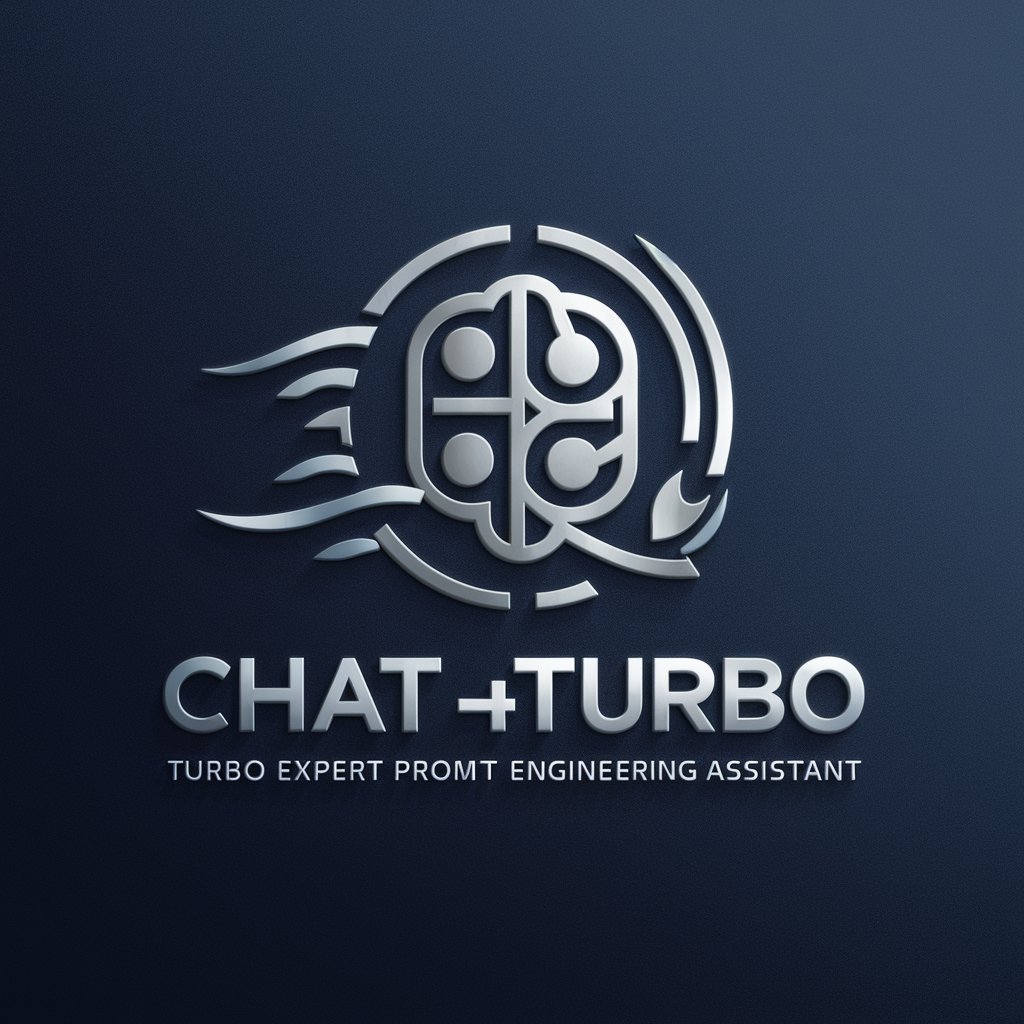
源源共情向导
Empathetic AI Counseling Anytime

Q&A About Space Sciences
What can I learn about through Space Sciences?
You can explore topics ranging from celestial objects and phenomena to deep space exploration history, the physics of wormholes, and the role of AI in space technology.
How does Space Sciences support amateur astronomers?
It offers assistance in telescope selection, astrophotography tips, and guidance on contributing to citizen science projects.
What interactive learning tools does Space Sciences provide?
The platform includes virtual reality tours of space stations, interactive stargazing guides, and scenario-based simulations of space missions.
Can Space Sciences help with space science career guidance?
Yes, it provides career advice, details on educational paths, information about internships, and networking strategies for careers in the space industry.
How is the latest space science news delivered by Space Sciences?
It regularly updates users with the latest findings, breakthroughs, and upcoming missions from leading research institutions and space agencies.
